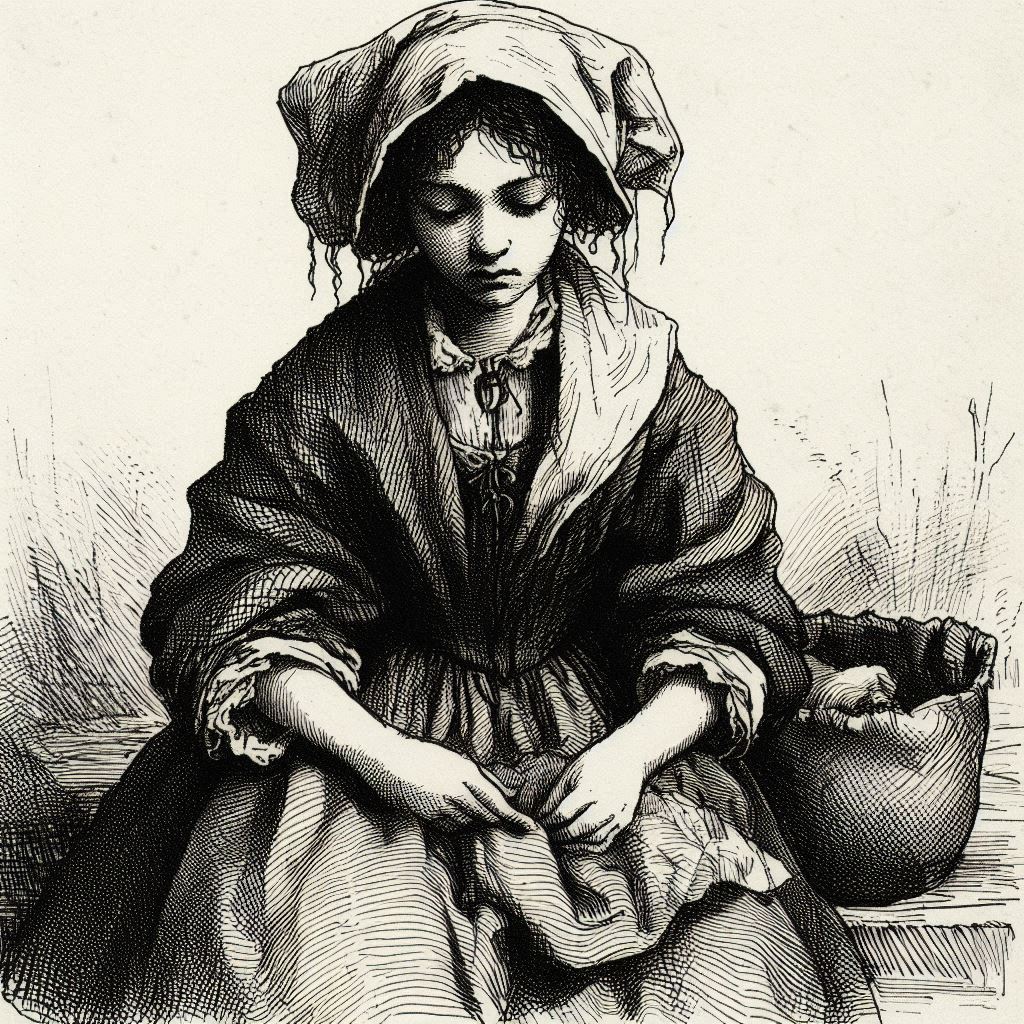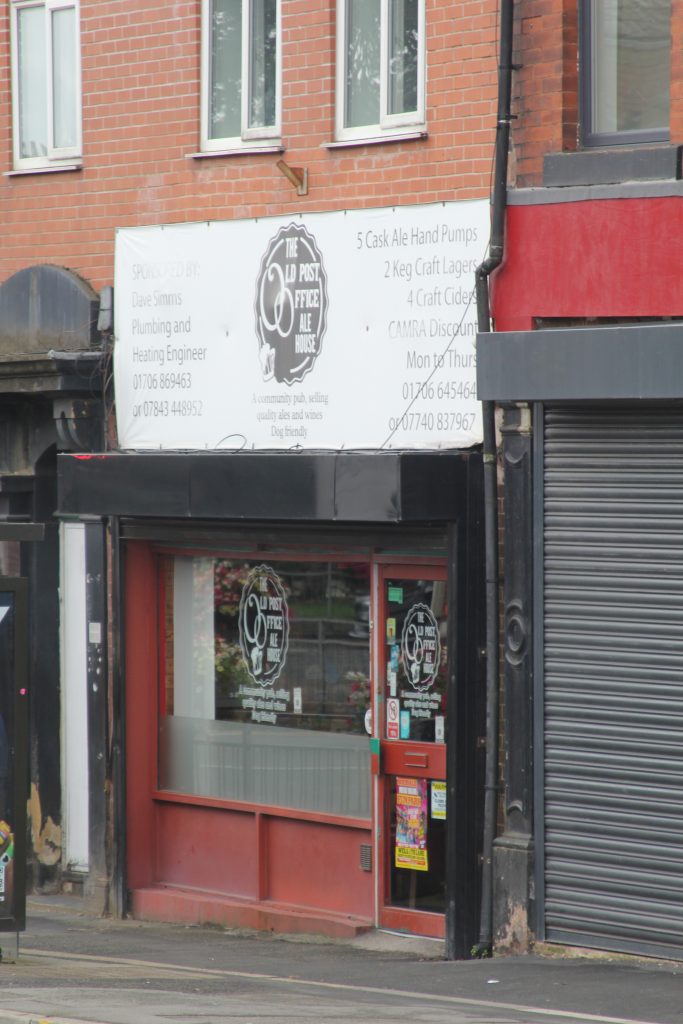As we approach Halloween, a time often associated with witches and magic, it seems fitting to delve into the fascinating story of Alice Schofield, a woman from Castleton, near Rochdale, who was accused of witchcraft in 1641.
With Tarot Party’s Cocktails and Tarot event moving to the atmospheric Old Post Office in Castleton, it’s the perfect opportunity to explore the historical ties this area has to stories of sorcery and magic, especially as we prepare for our first event just after Halloween on Thursday, 7th November 2024.

Alice Schofield was known in the area as a “cunning woman,” a term used in the 17th century to describe individuals believed to have magical or healing abilities. In August 1641, she found herself facing charges of sorcery before the Justices of Manchester Great Sessions, accused of using witchcraft practices, including the “sieve and shears” method, to uncover the identities of thieves and predict the gender of unborn children.
There are various theories on how “sieve and shears” were used in divination. Some believe the sieve was suspended from a piece of twine, while others suggest that the shears balanced the sieve, or that the sieve was held by its rim using the shears. Whatever the exact method (which we may never truly know), it functioned much like a form of dowsing or pendulum work, where the sieve’s movement indicated the answer as questions were spoken aloud.
There are various theories on how “sieve and shears” were used in divination. Some believe the sieve was suspended from a piece of twine, while others suggest that the shears balanced the sieve, or that the sieve was held by its rim using the shears. Whatever the exact method (which we may never truly know), it functioned much like a form of dowsing or pendulum work, where the sieve’s movement indicated the answer as questions were spoken aloud.
Though this practice may seem quaint or bizarre to us today, it was taken very seriously at the time and was seen as “devilish” by the authorities. Alice was accused of using it to find stolen sheep and a hen, and even to determine whether local women were pregnant.
Accusations and Superstition
In her confession, Alice admitted to learning this technique from another woman named Jane Brearley, and together they used it to divine stolen goods and pregnancy in Castleton. Witnesses claimed that Alice “did use many strange words” while performing these acts, words they didn’t understand but which sounded suspiciously like appeals to saints – specifically Saint Peter and Saint Paul. This caused further alarm in an England still reeling from religious upheaval, where anything hinting at old Catholic traditions, such as invoking saints, could be seen as a threat.
Alice Schofield’s trouble didn’t end there. She had been accused of similar acts in the past, including by a labourer from Belfield, John Chadwick, who filed several indictments against her. It seemed Alice’s reputation as a cunning woman had caught up with her, and while she may have been consulted by her neighbours for help with their problems, the authorities were far less trusting of her “skills.”
The Witchcraft Connection
Witchcraft accusations were not uncommon in Lancashire during this period, with the infamous Pendle Witch Trials of 1612 being just 30 years earlier. The fear and suspicion of witches were still very much alive in Greater Manchester and other parts of the country. Women like Alice Schofield, who practised folk magic or were known as healers, were easy targets for accusations, especially if their services didn’t yield the desired results or if something went wrong in the community.
While Alice Schofield’s case doesn’t seem to have resulted in the extreme punishment seen in cases like Pendle, where women were executed, the charges of sorcery would have had serious consequences for her life. If convicted, she could have faced imprisonment, or at the very least, the lasting stigma of being known as a witch.
Witchcraft in Castleton Today
Centuries later, Castleton, Rochdale, and the wider Greater Manchester area still carry echoes of their rich history. While stories of witchcraft and folklore continue to intrigue us, rest assured that our upcoming Cocktails and Tarot event at The Old Post Office will be all about fun, insight, and great company—no spirits of Alice, no spells, and certainly no accusations with sieve and shears! We’re bringing you an exciting evening of tarot reading in the perfect setting, with delicious drinks and a relaxed atmosphere. Join us for a memorable night, free from dark magic, and full of great vibes!
However, next time you visit Castleton, it’s worth remembering the story of Alice Schofield, a woman caught between tradition, fear, and the community she sought to serve.

Join us for Cocktails and Tarot at The Old Post Office 858 Manchester Rd, Rochdale OL11 2SP, on Thursday 7th November from 6pm for an evening of magic, mystery, and more!
Keep an eye on our events and don’t forget to share this post with your friends who might be as intrigued by these historical tales as you are!
Explore our other upcoming events and discover the magic Tarot Party has to offer – who knows what hidden knowledge awaits you?